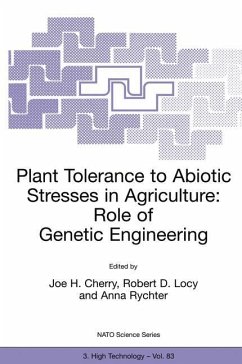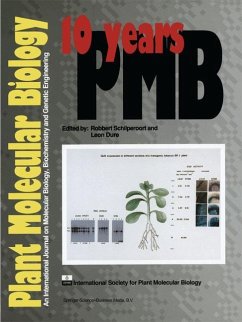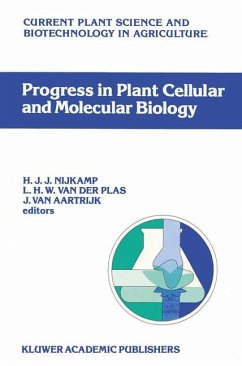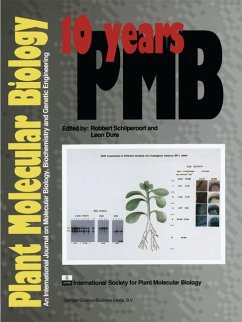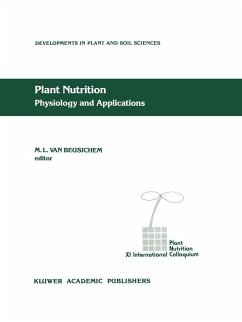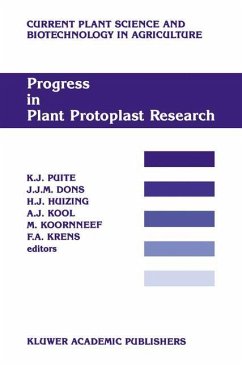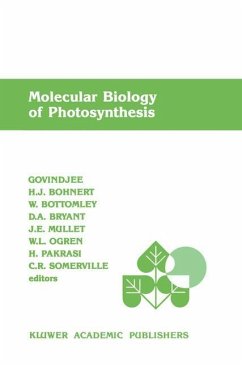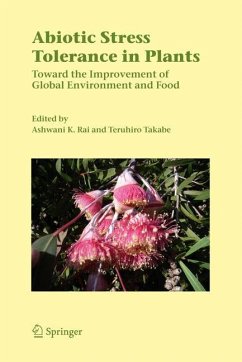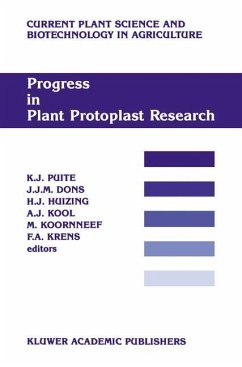
Plant Tolerance to Abiotic Stresses in Agriculture: Role of Genetic Engineering
Versandkostenfrei!
Versandfertig in 1-2 Wochen
116,99 €
inkl. MwSt.
Weitere Ausgaben:

PAYBACK Punkte
58 °P sammeln!
Environmental stresses represent the most limiting factors for agricultural productivity worldwide. These stresses impact not only current crop species, they are also significant barriers to the introduction of crop plants into areas that are not currently being used for agriculture. Stresses associated with temperature, salinity and drought, singly or in combination, are likely to enhance the severity of problems to which plants will be exposed in the coming decades. The present book brings together contributions from many laboratories around the world to discuss and compare our current know...
Environmental stresses represent the most limiting factors for agricultural productivity worldwide. These stresses impact not only current crop species, they are also significant barriers to the introduction of crop plants into areas that are not currently being used for agriculture. Stresses associated with temperature, salinity and drought, singly or in combination, are likely to enhance the severity of problems to which plants will be exposed in the coming decades.
The present book brings together contributions from many laboratories around the world to discuss and compare our current knowledge of the role stress genes play in plant stress tolerance. In addition, strategies are discussed to introduce these genes and the processes that they encode into economically important crops, and the effect this will have on plant productivity.
The present book brings together contributions from many laboratories around the world to discuss and compare our current knowledge of the role stress genes play in plant stress tolerance. In addition, strategies are discussed to introduce these genes and the processes that they encode into economically important crops, and the effect this will have on plant productivity.





